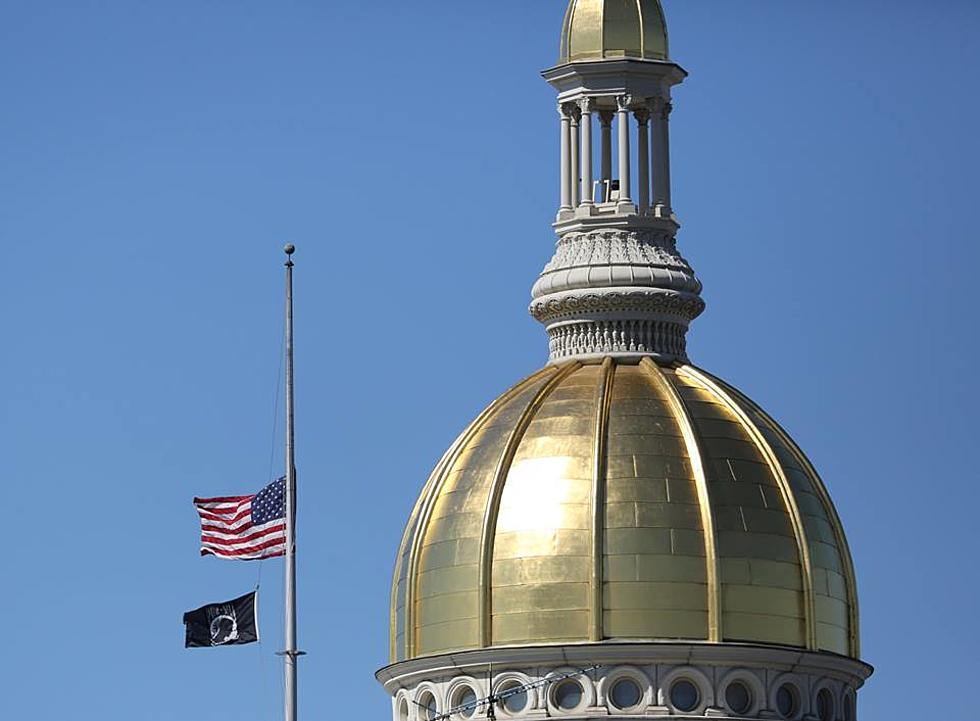
A plan to get ‘every single body we can’ helping with unemployment
A Senate committee plans to vote Tuesday on a bill allowing civil-service employees to be transferred during states of emergency, such as shifting state workers to help process unemployment claims during the coronavirus pandemic.
Senate President Steve Sweeney said the proposal isn’t about blame for a system that hasn’t kept up with an unprecedented surge in jobless filings, over 1 million in seven weeks, but an acknowledgement that more can be done to supplement the labor department.
“We’re looking to get every single body we can trained to process these unemployment claims. It’s not acceptable. I think the commissioner’s done a good job. This has just been a rough time,” Sweeney said. “I think they sent like 111 people over there. They’ve got to send every human body they can to get this unemployment backlog down.”
The state Department of Labor and Workforce Development said it has temporarily reassigned hundreds of employees to the unemployment insurance division, is hiring more than 130 new full-time staff and is bringing dozens of retirees back to work.
Sweeney said a change in civil-service rules can be a further backstop.
“I just want a solution. I’m not looking for criticism here,” he said. “We just have to get people that are desperate to get funds into their pockets, we’ve got to get it. We’ve got to do better. This is not good enough.”
Sweeney said legislative offices have been besieged by people who filed for unemployment in March and early April and haven’t gotten paid. They may have made mistakes on their forms – but Sweeney said some told his office their eligibility hearings are being scheduled for July or August.
“Every single employee you can free up to get this backlog down to where it’s manageable, I don’t care how difficult it is to train people on this system, they need to be trained and they need to be plugged in. Period,” Sweeney said.
The bill would allow state and local workers to be temporarily reassigned outside of their civil-service classifications for up to 30 days during public emergencies. Sweeney said workers wouldn’t lose seniority or service time.
“This is life and death. People are panic-struck. They’re financially paralyzed, and it’s not fair,” he said.
The bill would apply to all public emergencies, not just the coronavirus, and would also apply to local government workers.
The bill's other lead sponsors are Sen. Declan O'Scanlon, R-Monmouth, and Sen. Michael Doherty, R-Warren. It is scheduled for a vote Tuesday in the Senate Budget and Appropriations Committee.

More From Beach Radio










